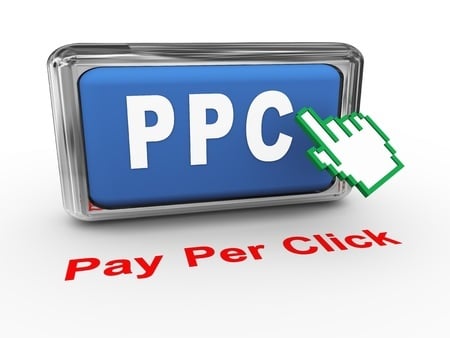There are a few different schools of thought when it comes to Google AdWords. With many options and levers to pull, the combinations of strategies that work for your business are endless. You might have a question about your account and get 3 different answers from 3 different AdWords managers. But every PPC consultant follows a few basic principles and practices.
The following post contains the principles I follow as a Google AdWords expert. Google AdWords is a continually changing landscape, but these principles have remained a constant:
- Remember Google AdWords is a tool to be leveraged for your business. The profitability is determined by your business model, and an experienced PPC consultant can help with this. But if you believe that Google AdWords is going to magically print money, you are mistaken. Don’t get lost in the vanity metrics like ranking #1 on Google. Google AdWords can be successful for many types of businesses, but you must optimize your account to reach your ultimate goals.
- Set up your conversion tracking. Ultimately, Google AdWords comes down to one thing – to deliver sales or leads to your business. To measure this effectively, you must implement tracking on your Google AdWords account. For most people, this means creating or linking to an existing Google Analytics account. I won’t go into the tracking techniques here. That is a separate topic that requires the help of a PPC consultant or tracking expert.
- Plan out your account structure in a way that makes sense for your website. Cover all the ways someone might search for your products or services. The more work you put into this step, the more efficient your account will be. Go deep and build out the long tail keywords. This way you aren’t only bidding on the most competitive words. These are the techniques Google AdWords experts win with.
- Write ads that grab attention….while meeting Google’s guidelines. At the end of the day, your ad has to be relevant to the searcher. It has to grab their attention showcasing that your product or service is exactly what they are looking for. Google will likely favor a simple and clear ad as well, leading to a higher quality score.
- Send your traffic to the most relevant page. Often the homepage of your website is not the best place to send the traffic. Match the landing page to the product or service the searcher is looking for.
- Use negative keywords. When first starting leverage search history tools like Google keyword planner. Type in example searches and look for those you may consider blocking. Once the campaign is running, read your search terms on a daily or weekly basis and block the irrelevant terms.
- Make sure to use match types. Broad, Phrase, and Exact match keywords all have different purposes and use cases.
- Keep an eye on the budget, either yourself or with the help of an AdWords agency. Understand your ROI goals and what you can allocate to Google AdWords. Please keep in mind that the budget in Google AdWords is a daily budget, and this does not guarantee you will spend up to the budget every day.
- Create ad extensions to capture more real estate and boost your quality score.
These techniques have helped me grow and scale multiple accounts. Hopefully, by following these principles you can do the same. Or, a good Google AdWords consultant or management service will be able to help with all the points above.



